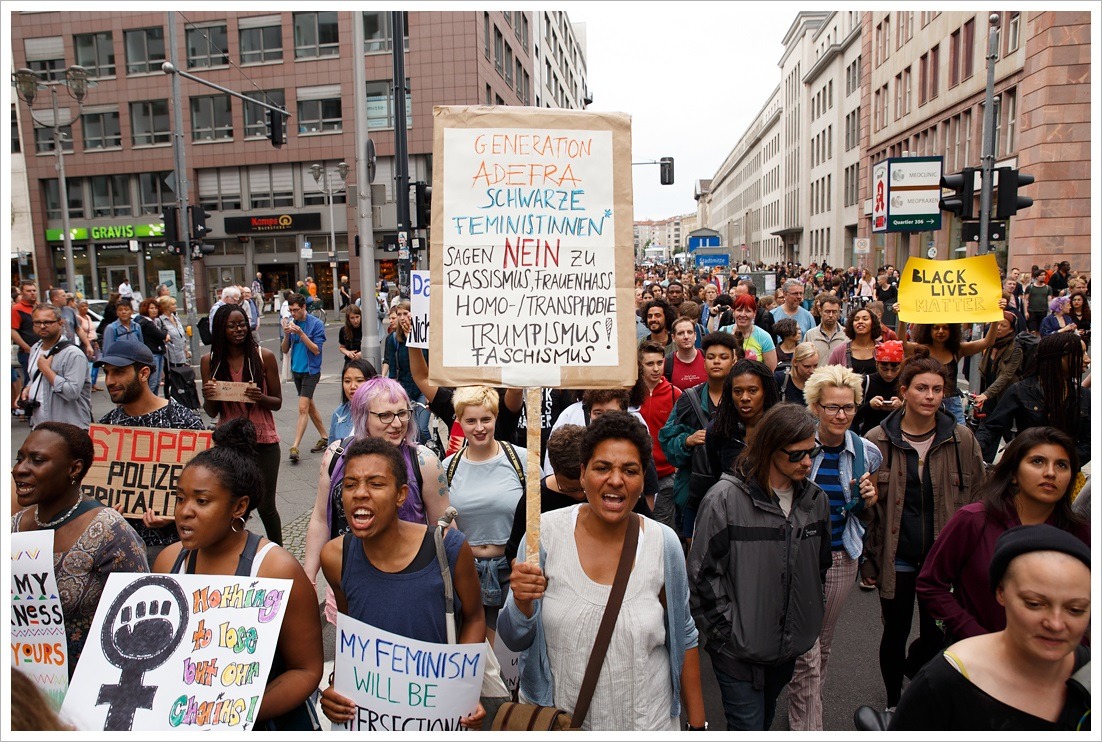Christian Caribbean women have helped to reform social and educational needs of the Caribbean. Like their white counterparts they experienced sexism and discriminatory practices to keep them in domestic service. This essay aims to raise the awareness of Caribbean Christian women who made a difference in their communities.
There are several women who moved the boundaries opening the doors of advancement for both females and males alike. They initiated programmes plugging the gaps in the areas where their governments didn’t address such needs. They in most part worked with various religious organisations and churches creating programmes to redress the balance of educational opportunities and improve citizens social welfare.
‘In Antigua and Barbuda, Sister Gladys Cooke, a Methodist deaconess organised a Cultural Awareness Week with Ruth Ambrose in 1952. She was also instrumental supporting the establishment of the government’s Youth Services Advisory Committee as well as being social worker for the Methodist Church.’ (Verene A Shepherd, 1999:160)
In Trinidad and Tobago, women were active in the Mother’s Union, YWCA, Daily Meal Association and Roman Catholic Les Amantes de Jesus. Gema Ramkeesom was one such woman who made significant contribution to women on these Islands.
Changing the tide of illiteracy was important to increasing economic development for the people of Caribbean heritage and women played a vital role in bringing about change. As with most colonised lands the provision of education was mainly for children of the landowning classes and those who had the economic means to pay for it.
‘The education system introduced into the Caribbean was based on that of 19th Century Victorian England, and its sexist ideas and stereotypes became part of the Caribbean Education system.’(Verene A Shepherd 1999:160)
This meant educational provision was only for boys but there were women who were determined that this wasn’t going to be the future norm and set about establishing schools for girls.
Unfortunately, these schools mainly operated on the terms of economic standing and means to pay fees therefore only girls from the middle classes and landowning families obtained access. ‘Girls from working class backgrounds still had no access until an 18-year-old Nelly Robinson set up the first school on her island of Antigua in 1898. She named the school in memory of her brother, The Thomas Oliver Robinson Memorial High School. This school was founded on equality and operated under a strict non-discriminatory policy, ensuring fees were kept low and admitting children whose parents weren’t married, which was revolutionary at the time. At the age of 80 she was awarded an MBE for services to education. Nelly inspired other Antiguan women to follow in her footsteps. Ernestine Stephens founded a school in 1926, Agatha Goodwin in 1930 and Hilda Davis in 1939 and by 1950 the women of Antigua had found 23 schools. By 1960, Antigua and Barbuda had the highest literacy rates in the Eastern Caribbean region. In the following years this interest in education continued with Gwen Tonge becoming known as one of the finest teachers, social workers, and educators in Antigua.’ (Smith, 1994:236)
‘This trend was replicated across other Caribbean islands and by the mid 20th century most of the school provision was delivered by women. In Jamaica, Brenda Campbell established her own preparatory school in Hannah Town in the 1950’s. Women inspired other women which resulted in educators like Edith Dalton-James who encouraged and inspired her students to become activists like Daphne Campbell who became a Peoples National Party (PNP) activist.’ (Vassell, 1995: 318-331)
I hope this essay stirs up interest in the contribution of Caribbean women who have, over the centuries, dedicated their lives to increasing literacy and bring about social reform. Their efforts may not of achieved the recognition they have deserved for various reasons, but raising the interest in these women will gain a new insight into how their contributions laid the foundations for those who left the Caribbean with a good formal education to go unto become leaders, professionals, and gain careers overseas.
Reference:
Book: Women in Caribbean History An Introductory Text for Secondary Schools
By Verene A. Shepherd.
Social & Educational Activists written by Esther Stapleton-Stone
‘Inspire’ Women’s Conference Trentham Parish Church 5 March 2022
More info: Trenthamparishchurch.org.uk View ‘Inspire’ film clips after event on: https://www.facebook.com/TrenthamParishChurch
Futher Reading:
House of Music – Raising the Kanneh-Masons by Kadiatu Kanneh-Mason
In her book ‘House of Music – Raising the Kanneh-Masons’, Kadiatu shares how
her mother in law Enid was a teacher in Antigua before moving to England in 1958, where she trained as a nurse. (Kadiatu Kanneh-Mason, 2020:46)
After a few years of nursing she had a career change and went into banking. Kadiatu explains how her husband Stuart’s experience of the education system in this country could have been detrimental, if it wasn’t for his mother’s determination and resilience to voice her concerns. Stuart’s teacher told Enid that her son should be sent to a specialist instituation because he didn’t have the academic ability to be in a mainstream school. Enid rejected the teacher’s opinion and demanded that Stuart remain within mainstream education because she knew how bright he was. Coming from a teaching background she made her own assessments based on her own experience and knowledge of children that she had taught in Antigua.
‘Within a year the teacher was forced to apologise and admit that Stuart was the brightest boy in her class.’(Kadiatu Kanneh-Mason, 2020:49)
Enid’s grandchildren are the famous musicians ‘The Kanneh-Masons’. Sheku Kanneh-Mason performed at the Wedding of Prince Harry and Meghan Markle. In 2021 the BBC filmed a family Christmas Special in their home in Nottingham.

